Is it Simply our Duty to Care for People with Disabilities in our Churches?
We, the Church, have a duty to care for the marginalized people in our communities. At the same time, if we recognize these actions as only dutiful, and not beautiful, we are tragically and drastically missing the point.
Our duty to care for these people comes from the Biblical mandate for us to imitate Christ with our lives.
We understand the mandate, but often, we don’t understand the “why” behind it.
Maybe Christ’s humanity was just as glorious and spectacular as is His divinity.
Maybe, in accessing our humanity, we are becoming Christlike.
Our humanity is defined by vulnerability. It is most obvious in our dependence on one another and on God. It is highlighted in our beautiful, purposeful weakness.
Who accepts and lives these human qualities out better than our brothers and sisters with disabilities? Unlike many of us who are able-bodied, they can’t bury their weaknesses. They don’t hide from their vulnerabilities. Our friends with disabilities know deeply what it means to be human. They have no illusions. Unlike many of us, they accept their dependency on the people around them. They are experts in the give and take of authentic relationship.
I think it’s time that we sought out the people around us who are the most human, that we didn’t try to change them, but instead we listened to and learned from them.
Maybe, by spending time with them, we would learn to better access the image of God in our humanity. Maybe we would learn to embrace our vulnerabilities.
Maybe we would learn to recognize our own “disabilities” and, as a result, learn what it is to need God and depend on the people in our lives.
And just maybe, Christ’s power would “rest on us” in new ways. (2 Corinthians 12:9)
Existing outside of social structures and so often unencumbered by norms and rules, they are vessels of freedom in a world enslaved by the idea of what it is “supposed to be.” So many people with disabilities simply are who they were created to be.
Jesus came to show us that God’s focus is not on rules and regulations. God’s intention for our lives is deep, true relationship with Him and with the people around us.
We don’t love people with disabilities because we feel like we have to. We love people with disabilities because that is where we meet God. They are our teachers. They show us what it means to really accept someone. They teach us what it means to truly belong. They make us more human. They invite us into their freedom. They invite us into their Christlikeness as we live together in radical community.
Love,
Blake
